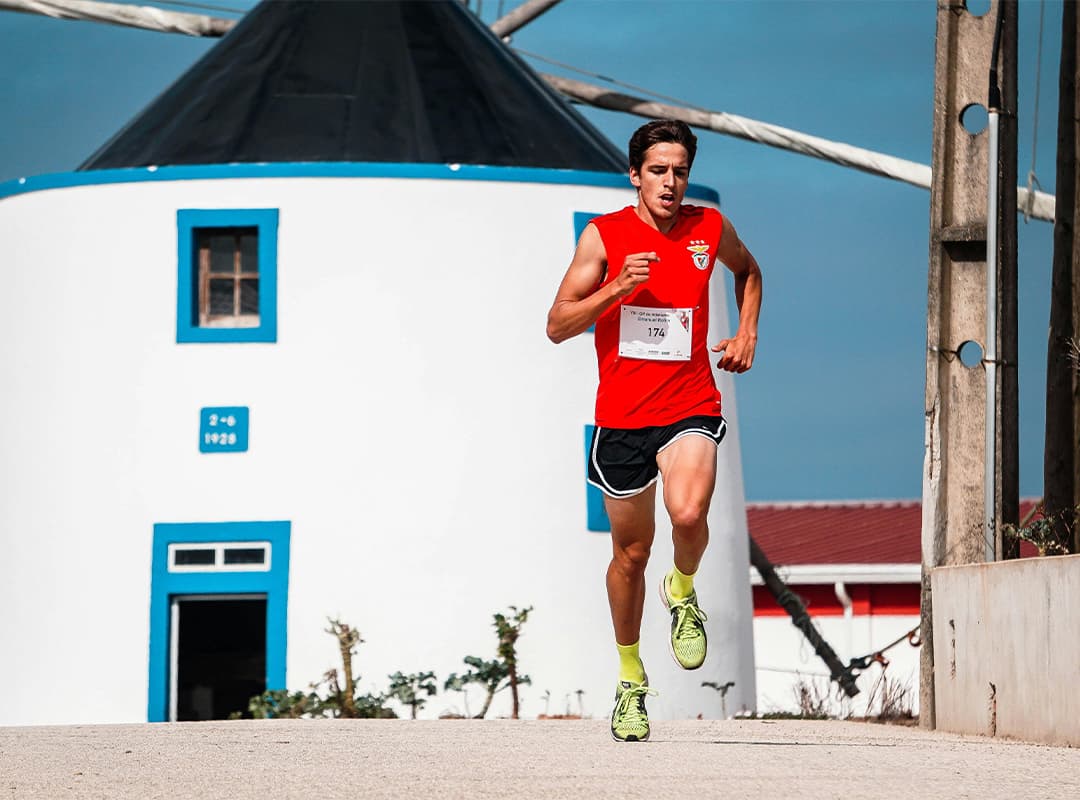To run fast, you need to run slow! This is a common truth of athletics that surprises many beginners.
From school physical education classes, people are used to the fact that progress is achieved only through pain, overwork, working to the limit, and iron willpower. Get ready to be surprised – it’s quite the opposite. This school method can only earn you overtraining + injuries + lack of motivation;
Slow running is the main engine of progress. However, even runners who keep a slow pace often note the lack of effect. What could this be due to? How slowly should you run? What results should you expect? Let’s find the answers together!
Aerobic/anaerobic running
Running training, like any other sporting activity, requires energy. Where does it come from? It comes from carbohydrates, proteins, and fats. The rate + mechanisms of breakdown of these substances can be different. Depending on this, aerobic/anaerobic running is distinguished. Let’s take a closer look.
Aerobic training
The slow running technique is an aerobic exercise. What happens in the body? To produce energy with sufficient oxygen, carbohydrates are broken down – first glucose, then part of the glycogen stores of the muscles and liver. Glycogen is partially exhausted – this is the body’s protective function for an emergency.
Then fats are used. They take longer to break down than carbohydrates, but provide more energy. During the breakdown of substances, lactic acid is formed. If there is enough oxygen in the body, lactate is quickly processed, providing additional energy. This mechanism allows you to run for a long time, maintaining a steady pace, without fatigue;
Anaerobic training
When running at a low heart rate is replaced by high heart rate, the body experiences a lack of oxygen. Muscles and the brain simply do not have time to receive the proper amount of energy. Fats take too long to be broken down for such high needs. Lactic acid also stops being excreted by oxygen, giving up some of its energy.
The mechanisms of anaerobic decomposition without oxygen are activated. The body begins to lose all glycogen stores, a very fast process. Lactic acid accumulates, acidifying the environment. The muscles stop actively contracting, and the athlete’s performance drops sharply.
The meaning of the pulse
What does the pulse have to do with it? Is it possible to control the way of energy production with the help of heart rate?
Everything is quite simple. The heart contracts, pumping blood through the body, supplying the organs with oxygen;
If a person begins to experience hypoxia, the heart tries to compensate for the lack of oxygen by increasing the rate of its supply. The faster the heart muscle contracts, the more oxygen it brings to the muscles and brain. This increases the heart rate;
An untrained heart gets tired quickly at a high heart rate. It switches to the anaerobic mechanism. This moment of switching is called the lactate threshold (PANO).
Barriers to slow running
If running at a low heart rate is so beneficial, why doesn’t everyone switch to a low-intensity type of training? The secret is that there are a lot of barriers/mistakes to slow running. Let’s collect the most common ones:
- The athlete thinks he or she is running slowly, but in reality, the load is quite high and there is no effect. Proper jogging can be even slower than walking. Here, technique is more important than speed. The pace will increase over time;
- Slow running from the side looks less impressive than fast running. That’s why beginners are hesitant to slow down too much. It is especially painful for self-esteem when every passerby, even grandmothers, starts to overtake you;
- No feeling of fatigue after a low-intensity workout. There is no muscle pain, shortness of breath, sweat does not pour down. Therefore, there is a suspicion that there is no effect, the technique is wrong. In fact, with a properly performed slow jog, the body will feel good, and there will be no fatigue!
- Progress can begin to appear after a month or two of training. Many people who want to get everything at once don’t expect the effect. Remember, sport is regular training + patience. It’s pointless to expect quick wins.
